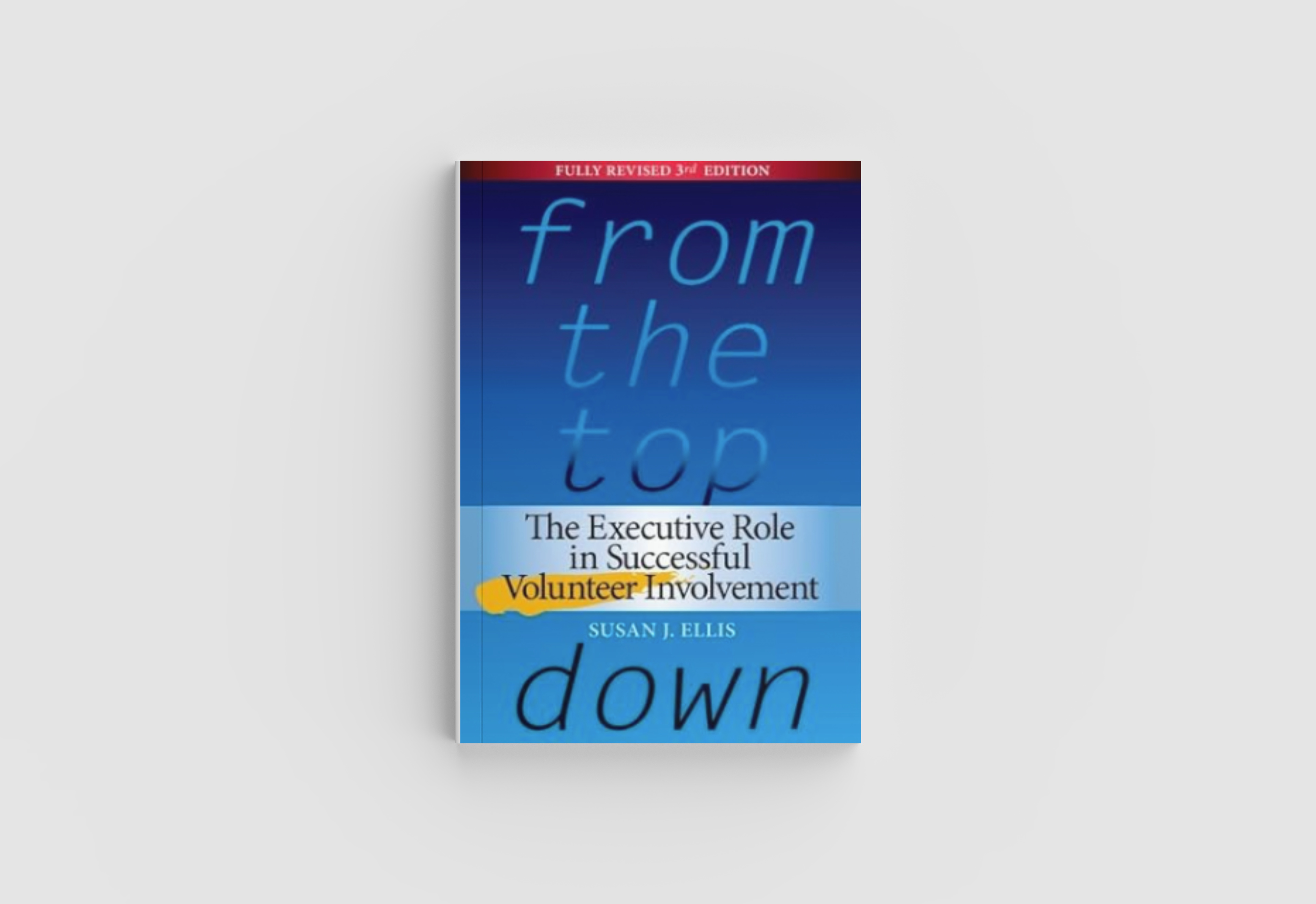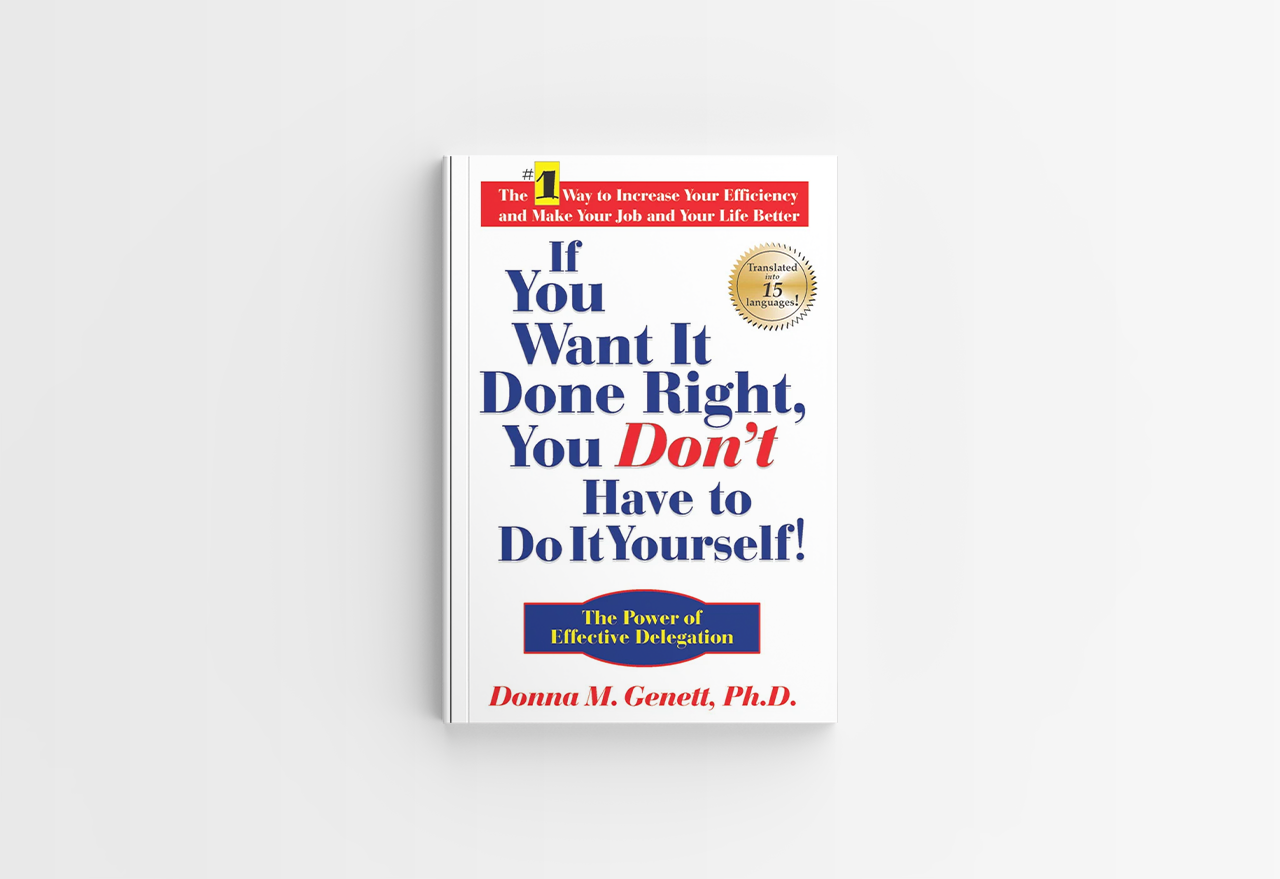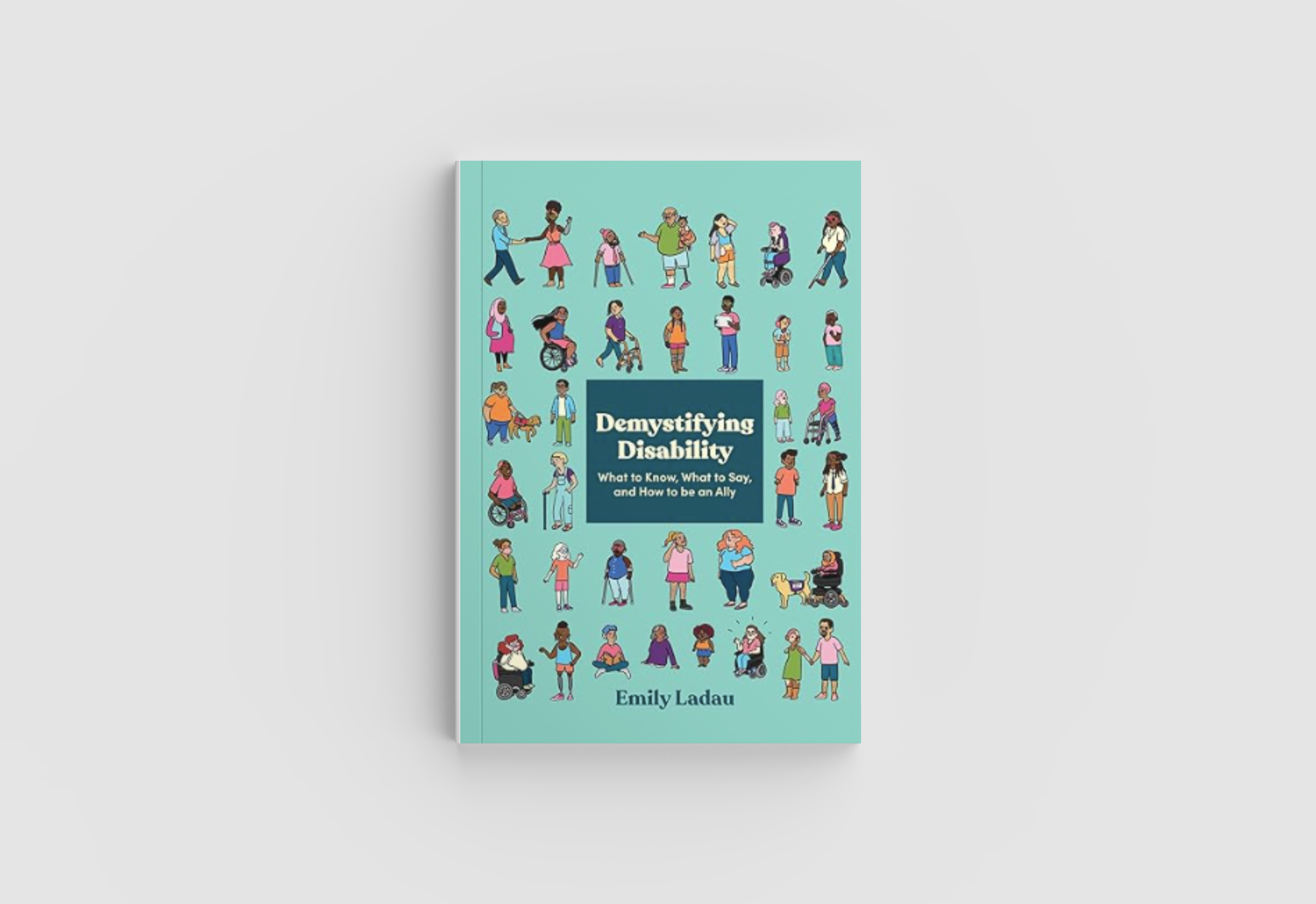From The Top Down (The Classic)
This Month’s Selection From The Top Down: The Executive Role in Successful Volunteer Involvement by Susan J. Ellis | UK Edition by Susan J. Ellis...
11 min read
 Corina Sadler, CVA
Mar 31, 2022 9:00:00 AM
Corina Sadler, CVA
Mar 31, 2022 9:00:00 AM

The second in a series of Better Impact Book Bites – A taste of great books worth consuming.
This Month’s Selection:
Curious: The Desire to Know and Why Your Future Depends on It by Ian Leslie
Book Background Information: Every other month I’ll choose a non-volunteerism specific book to share with you. I’ll relate the text to our field as volunteer engagement professionals (VEPs). Curious is an easy read and a relatable topic, even for someone who has not studied psychology. It discusses the different types of curiosity and explains (among other things) why the Internet has become a problem. It includes examples of interesting people who became super curious and changed the world. It’s not feasible to reference them all by name in this space, so you’ll need to get your copy to see who they were throughout history. These pages unpack the difference between diversive and empathic curiosity. According to the text, “Diversive curiosity might make you wonder what a person does for a living; empathic curiosity makes you wonder why they do it. “
Why This Book:
The prominent theme is we’re in need of more curious leaners. “Curious people take risks, try things out, and allow themselves to become productively distracted.” I loved this idea and wanted to share Leslie’s words to see if you agree. Recognizing why VEPs should remain curious in our work and in life seemed important to me, but Leslie points out being incurious about a topic can also be contagious. So be curious and keep reading! Let me know in the comments what you think of Leslie’s take on this connection to the human desire for intellectual and cultural exploration.
Who Should Read This Book:
I recommend parents take note of how these concepts relate to childhood and child-rearing. It caused me to pause and think how often my own children ask organic questions, and how I am responding to them. Am I proposing questions for them to consider and thoughtfully answer? I also think this is a great book for those who are trying to make sense of the world and whose mind may race at least once a day from a moment of curiosity.
Who Should You Gift This Book To: Gift this to someone who asks a lot of questions or is randomly interested in new topics of discovery. You could also gift it to someone who’s stuck in a repetitive cycle of life. This might be a breath of fresh air as they ponder their next move.
First 100 Page Do’s:
First 100 Page Don’ts:
My Millennial Moment:
Oftentimes when I read a book, I pause and my age or my place in time offers context. As a reminder, “diversive curiosity makes us want to know what lies on the other side of the mountain; epistemic curiosity arms us with the knowledge we need to survive when we get there.” Leslie raises a large concern about the use of the Internet, and my generation may not connect with the issue he’s addressing. Does rampant use of the Internet squash curiosity and make us dumber? After I watch a YouTube video, do I then conduct my own research and keep pondering, or am I satisfied with the snippet and move on? If so, how quickly? What sparks me to continue a further knowledge journey? Leslie points out “by making it easier for us to find answers, the Internet threatens habits of deeper inquiry – habits that require patience and focused application.” I see VEPs mirroring the histories of our field – like I referenced in my From The Top Down review – and passing down our industry knowledge to new professionals. What will my generation pass down? We have to be adaptive, inventive, and imaginative to succeed in keeping our field vibrant and thriving. “Not being satisfied is what makes curiosity so satisfying.” You know?
Next 100 Page Do’s:
Next 100 Page Don'ts:
Things That Never Change:
“There are two sides to curiosity. One compels us to turn over stones, open cupboards, and click on links. The other makes us want to spend time finishing long novels and pursuing interests that have nothing to do with our self-interests.” Do you see living examples of this within your volunteer rosters? You may recognize those who move in and out of programs versus those who submit well-researched articles for your newsletter and pursue more arduous volunteer projects. It feels like the accumulation of specialized knowledge holds people in place for longer. Leslie theorizes curious people take risks, try things out and allow themselves to be productively distracted. I also wonder if curious VEPs view risk management in a different way. If they are given the freedom to pilot new programs because they express their curiosity so well, it becomes contagious to the rest of their team. Are they any better at maintaining the ‘many hats’ we wear? There will always be new volunteers entering programs around the world; this fact won’t change but what they find when they arrive might.
Final Musings:
The text includes some bits about puzzles, codes, and mysteries, which was super fun to read. From the lens of a VEP, I gathered insight into why volunteers try positions briefly and then move on, and why volunteers ask staff a lot of questions about their work etc. “Being curious means wanting to find out about things you DON’T care about and AREN’T interested in – things you didn’t know you were interested in until you found out that you are.” Have you had a curiosity come out of nowhere? Let me know in the comments.
Coming Up Next:
I’m looking forward to spotlighting a great volunteer management-specific book, which should be on every professional’s shelf. What’s your guess on the title?
Other Related Links:
Featured Posts

This Month’s Selection From The Top Down: The Executive Role in Successful Volunteer Involvement by Susan J. Ellis | UK Edition by Susan J. Ellis...

This Month's SelectionIf You Want It Done Right, You Don't Have to Do It Yourself!: The Power of Effective Delegation By Donna M. Genett, Ph.D.The...

This Month’s Selection: Demystifying Disability By Emily Ladau The eighth in a series of Better Impact Book Bites A taste of great books worth...